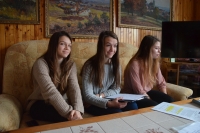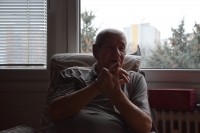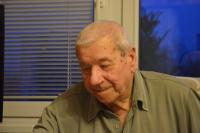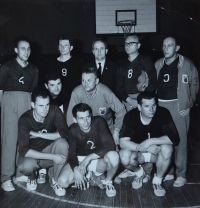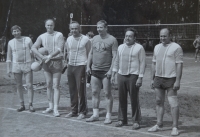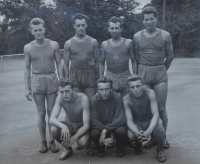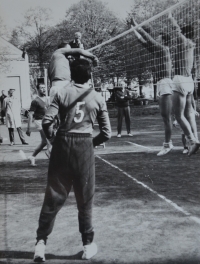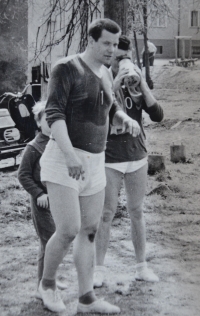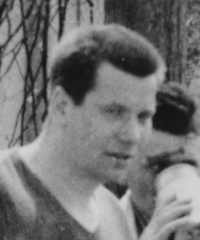We would drive a bus full of fuel so that we would not have to pay for fuel abroad
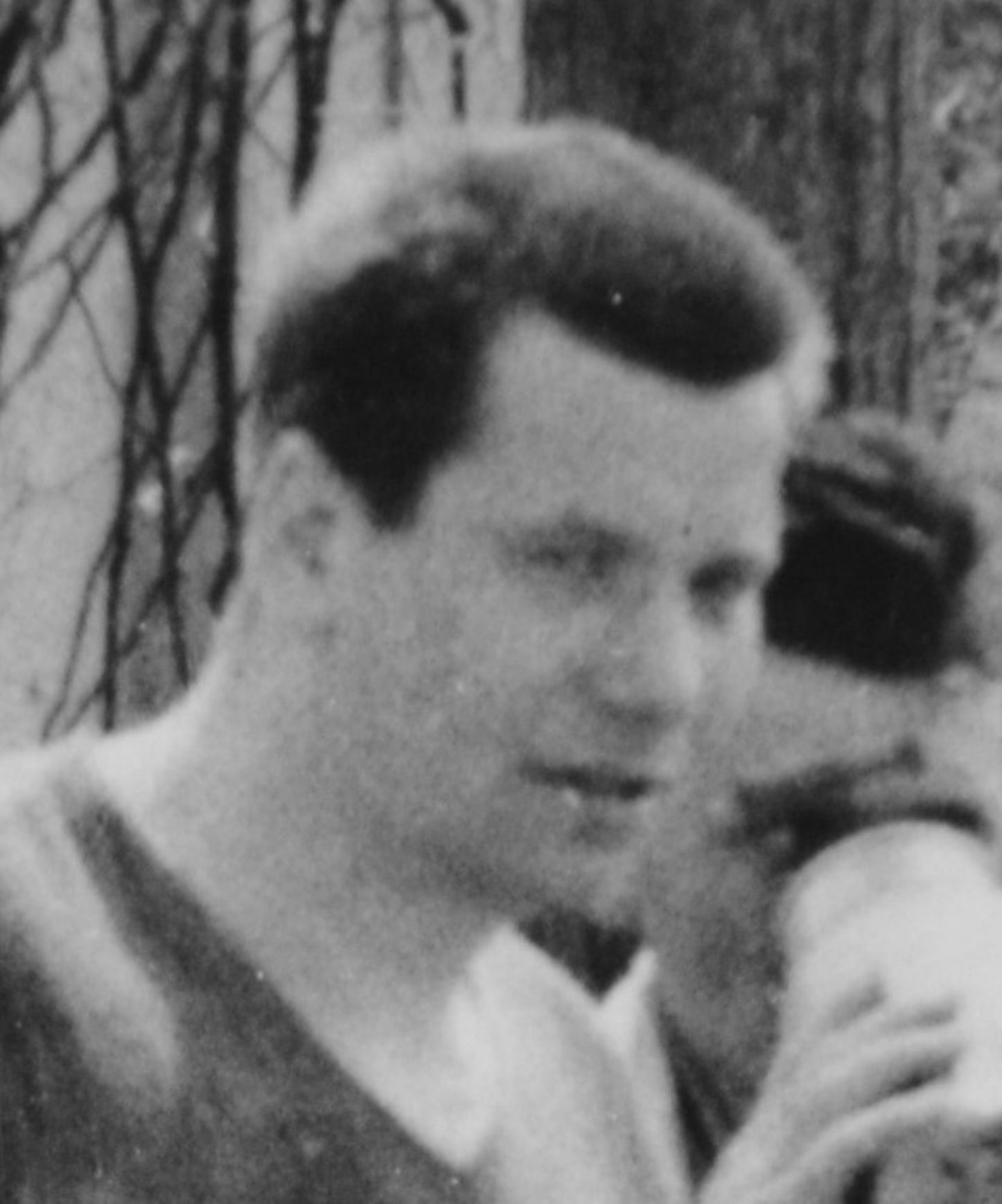
Stáhnout obrázek
Oldřich Vytvar was born on December 27, 1932 into a family of a tailor in Loukovec, but he has spent nearly all his life in Mnichovo Hradiště. He attended the lower and higher elementary school during the war and later he learnt the tailor‘s trade just like his father. He was earning his living as a tailor until the early 1980s, but then he started working as a metalworker in the Liaz company. In 1944 he tried volleyball for the first time and the sport has become his greatest hobby ever since. He played in his free time, he travelled for volleyball tournaments on weekends and he also got to travel abroad thanks to playing volleyball. His wife was a teacher and they have daughter Olina.
